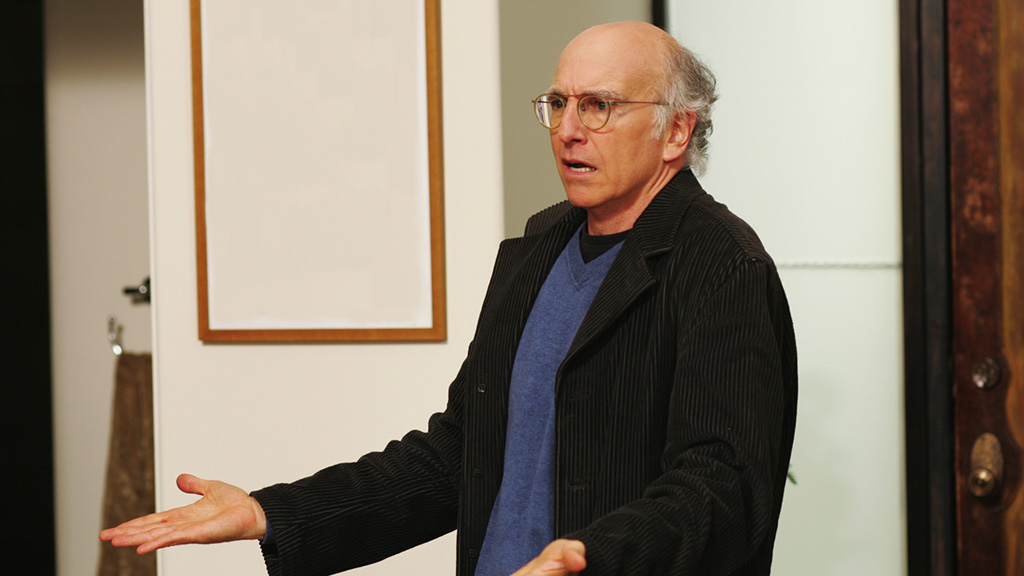Improvising with Enthusiasm
The 9th season of Curb Your Enthusiasm returned to US TV in October with creator and lead performer Larry David continuing his destructive path of political incorrectness.
Curb Your Enthusiasm is clearly a well executed, smart comedy that has achieved sustained success. But what makes the show so unique?
For one thing Larry David plays himself. Albeit an extreme version of himself, freed from the social filter that prevents us from saying and doing exactly what we think.
But the real ground breaking element is the improvisation.
Unlike most major television comedies, Curb Your Enthusiasm is not scripted. Larry David sets up the plot outline before filming. The actors then make up their lines as they go based on the given premise.
Improvisation itself is not new in comedy. Many comic actors train in improv and use these skills to enhance scripts during filming.
But having an entirely improvised show creates challenges as well as the unique execution we see on screen.
Filming and production can take a significantly longer time. How do you know when you have enough material for a coherent scene? Plus there is a natural side effect of not knowing what someone is going to say – it creates spontaneous laughter. Which in turn leads to more takes.
And post production is an even greater challenge. In this article picture editors Steve Rasch and Jonathan Corn explain why this is the case. “Our goal is to make great sentences, not great edits. We make scenes sound natural — as if they were written that way.”
Piecing together different cuts and takes is a technical challenge for editors that can make or break the humour in a show. But in most cases they have a script to follow with pre defined beats identified. In an improvised show the editors are creating content as they piece together the best lines generated by the performers.
But there is a reason for using improvisation despite the additional challenges. It creates a natural effect that is almost impossible to replicate when writers provide lines to actors.
So how can comedy creators make use of improvisation?
Following the Curb approach is an option, but requires real editing and production skill. In addition the Curb actors are all strong comedians in their own right, and know each other very well. If this wasn’t the case then a fully improvised show would be even more challenging to execute.
The value of improvisation comes from the natural lines produced by the actors. One way of embracing this would be to do an improv session with actors while the script is being written, to generate ideas and include lines that the actors are naturally comfortable with.
Don’t be afraid to try something different. Curb Your Enthusiasm achieved success this way, and it is not alone. Other great comedies such as Peep Show (inner monologue) and The Office (mockumentary) used tools that were not fashionable at the time and executed them brilliantly.
If you are looking for inspiration in your comedy show, improv may just be able to help.
[icegram campaigns=”10694″]

